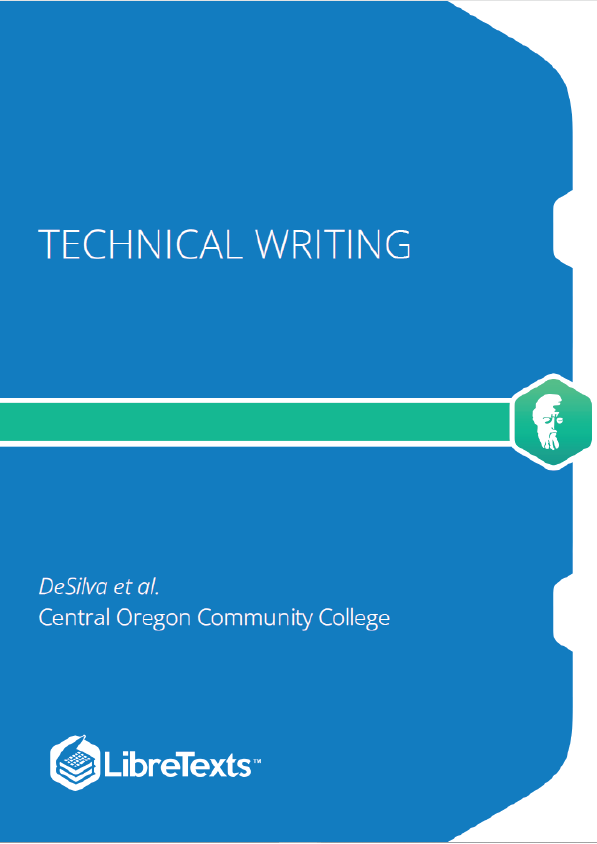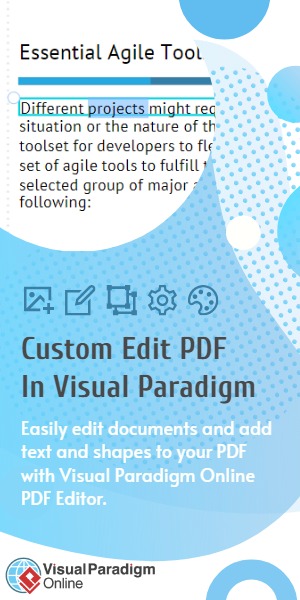ABOUT TECHNICAL WRITING
While technical communication is essential in a wide range of fields and occupations, technical writing is also a fully professional field of its own with degree programs, certifications, and—yes!—even theory. It is a good field with a lot of growth and income potential, and an introductory technical writing course is a good way to start if you are interested in a career in this field or will work in a career in which writing is a component.
WORKPLACE WRITING
However, many students of technical writing courses are not necessarily planning for a career as a technical writer. That is why this course provides you with an introduction to the kinds of writing skills you need in practically any technically oriented professional job. No matter what sort of professional work you do, you are likely to do some writing—and much of it may be technical in nature. The more you know about some basic technical writing skills, the better job of writing you’re likely to do. And that will be good for the projects you work on, for the organizations you work in, and—most of all—good for you and your career.
THE MEANING OF “TECHNICAL”
Technical communication—or technical writing, as the course is often called—is not writing about a specific technical topic such as computers, but about any technical topic. The term “technical” refers to knowledge that is not widespread, that is more the territory of experts and specialists. Whatever your major is, you are developing an expertise—you are becoming a specialist in a particular technical area. And whenever you try to write or say anything about your field, you are engaged in technical communication.
IMPORTANCE OF AUDIENCE
Another key part of the definition of technical communication is the receiver of the information—the audience. Technical communication is the delivery of technical information to readers (or listeners or viewers) in a manner that is adapted to their needs, level of understanding, and background. In fact, this audience element is so important that it is one of the cornerstones of this course: you are challenged to write about technical subjects but in a way that a beginner—a nonspecialist—could understand. This ability to “translate” technical information to nonspecialists is a key skill to any technical communicator. In a world of rapid technological development, many people are constantly falling behind. Technology companies are constantly struggling to find effective ways to help customers or potential customers understand the advantages or the operation of their new products.
So relax! You don’t have to write about computers or rocket science—write about the area of technical specialization you know or are learning about. And plan to write about it in such a way that even Grandad can understand!











